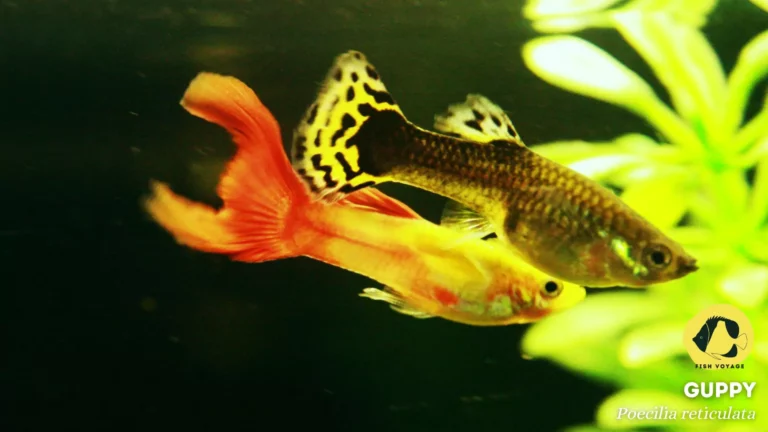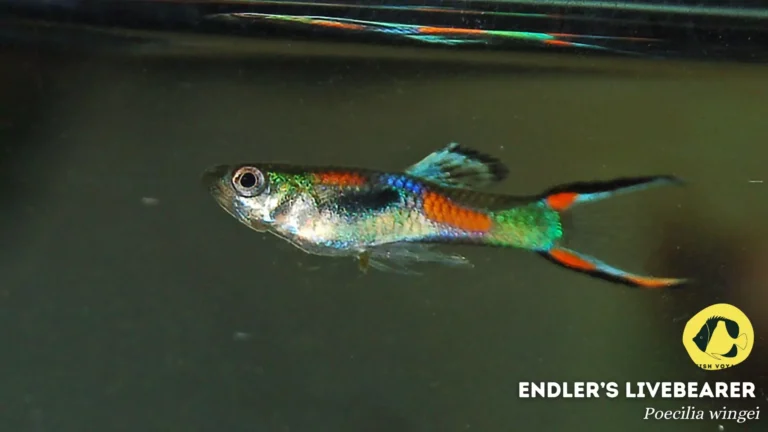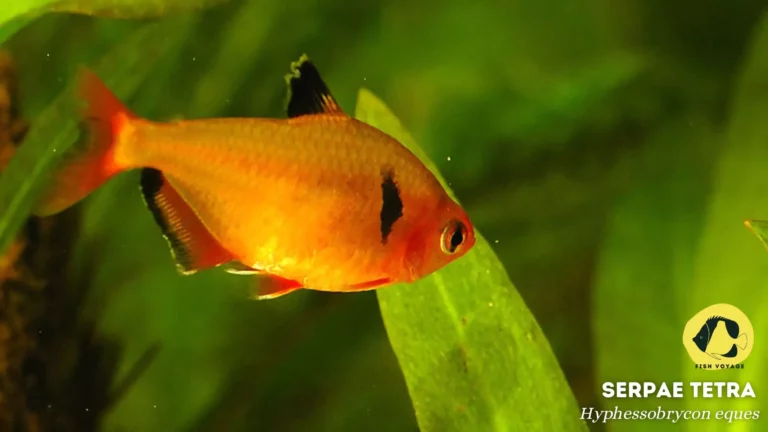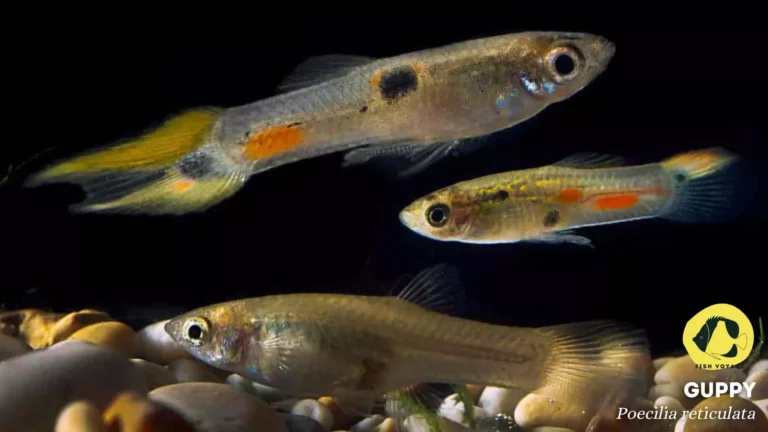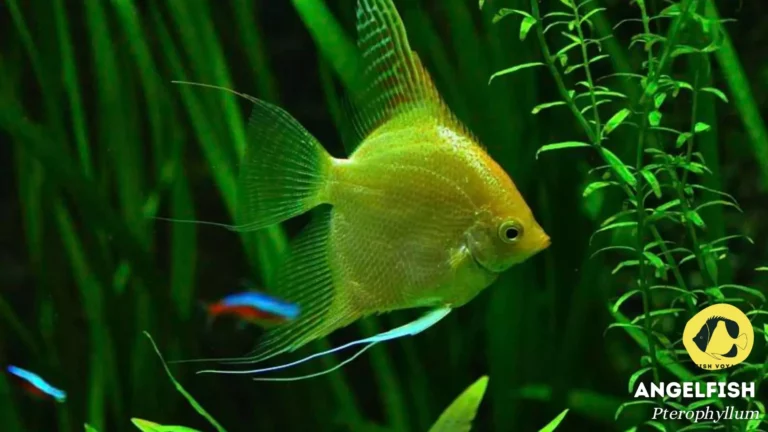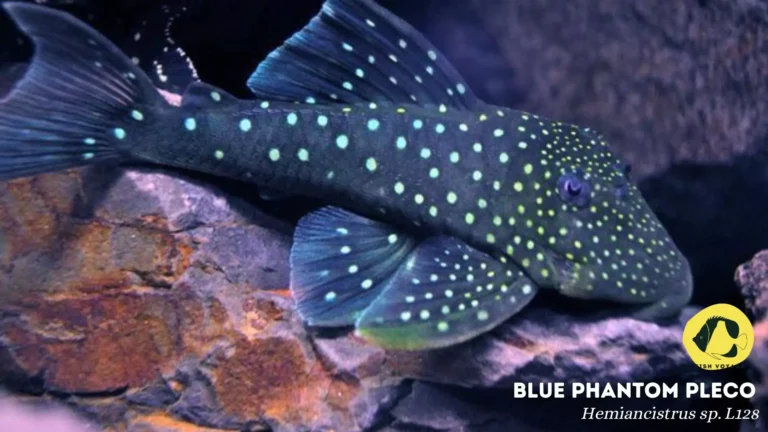How Often To Feed Betta Fish Pellets?
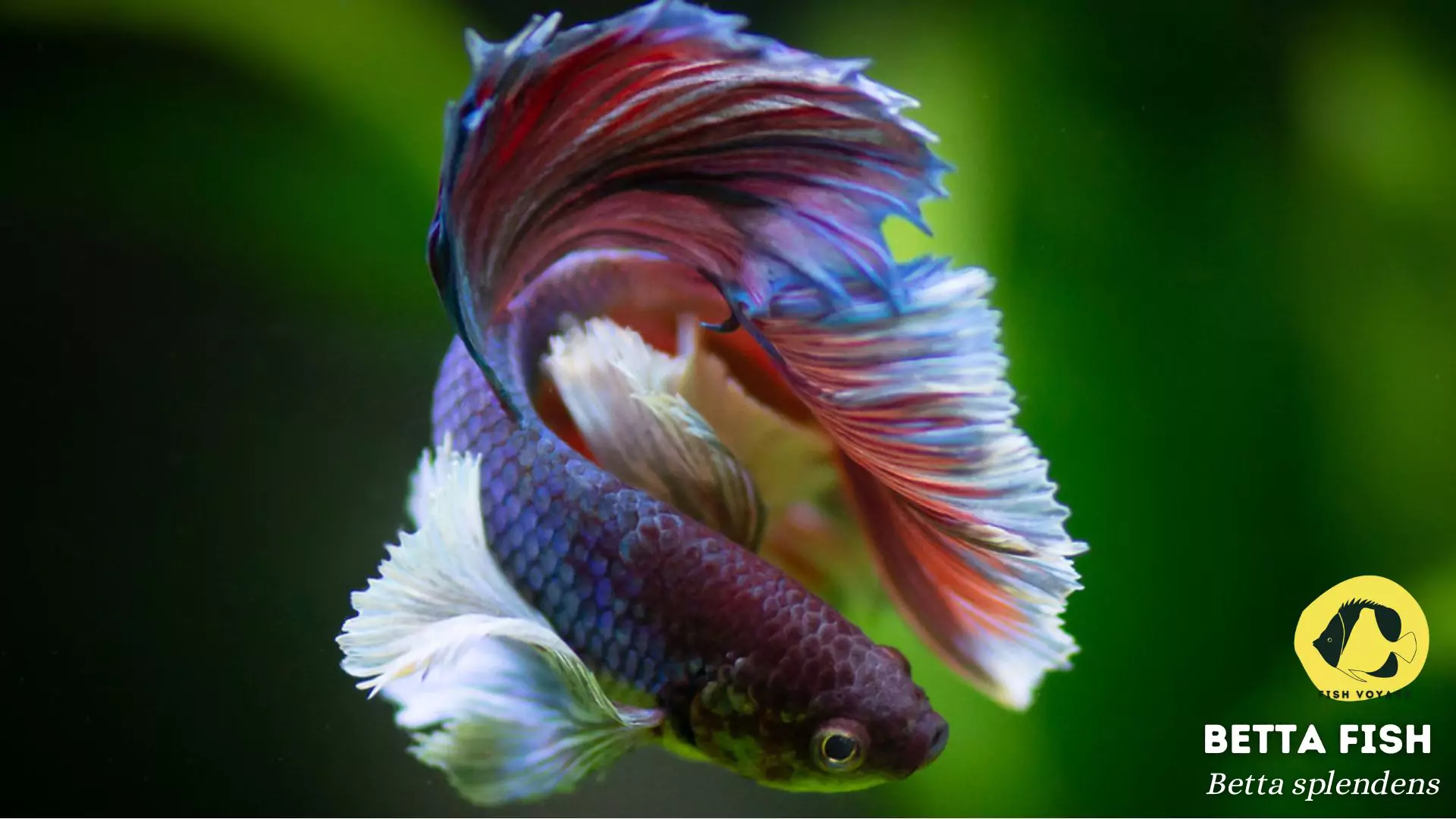
Introduction
In the world of aquatic companionship, Betta fish stand out as vibrant and captivating creatures, known for their dazzling colors and unique personalities. Maintaining the health and vitality of these exquisite fish requires careful attention to their dietary needs. Proper feeding is not just a routine task; it is a fundamental aspect of responsible Betta fish care. In this comprehensive guide, we delve into a crucial facet of Betta nutrition: how often to feed Betta fish pellets. By understanding and optimizing their feeding schedule, enthusiasts can ensure the well-being of these remarkable aquatic companions, promoting longevity and vibrant displays of color in their watery habitats.
Understanding Betta Fish Dietary Needs
In their native habitats, Betta fish, also known as Siamese fighting fish, thrive on a diverse diet that includes a variety of small insects, larvae, and even plants. This natural diet is rich in protein, essential fats, and other nutrients that contribute to their overall health and vibrancy. However, when these captivating fish find themselves in the controlled environment of captivity, replicating their wild diet becomes a task for conscientious caregivers.
In captivity, Betta fish owners should strive to meet the nutritional needs of their aquatic companions by providing a well-rounded diet that mirrors their natural preferences. High-quality Betta fish pellets serve as a convenient and nutritionally balanced staple. These pellets are formulated to contain essential proteins, fats, vitamins, and minerals, catering to the specific requirements of Betta fish. Striking the right balance is key to supporting their immune system, enhancing coloration, and promoting optimal growth.
A balanced Betta fish diet is not just a matter of sustenance; it is a cornerstone of their overall well-being. From the shimmering scales to the lively demeanor, a properly nourished Betta fish reflects the care invested in its diet. As we explore the intricacies of how often to feed Betta fish pellets, let us underscore the importance of understanding and meeting their dietary needs to ensure a vibrant and thriving aquatic companion.
Types of Betta Fish Food
When it comes to nourishing Betta fish, the market offers a diverse array of food choices tailored to meet their nutritional requirements. Among these options, Betta fish pellets emerge as a popular and practical choice for enthusiasts seeking a convenient and balanced diet for their aquatic companions.
Betta fish food comes in various forms, including flakes, freeze-dried treats, and live or frozen options. However, Betta fish pellets hold a distinct advantage for their ease of use and nutrient-rich composition. These compact, sinking pellets are formulated to deliver a comprehensive blend of proteins, fats, vitamins, and minerals, aligning with the specific dietary needs of Betta fish. Their slow-sinking nature also allows Betta fish, which are surface feeders, to access their food comfortably.
When selecting Betta fish pellets, it is essential to consider the quality of the ingredients. Look for reputable brands that prioritize high-quality proteins and avoid fillers that may compromise nutritional value. Some well-regarded brands include [Brand 1] and [Brand 2], known for their commitment to producing nutritionally superior Betta fish pellets.
Furthermore, pay attention to features such as pellet size, as it should be suitable for the size of your Betta fish’s mouth. Opt for pellets that promote color enhancement, as this contributes to the vibrancy of their scales. By choosing wisely among the available options, Betta fish owners can ensure that their aquatic companions receive a balanced and enriching diet, laying the foundation for a healthy and vibrant life beneath the water’s surface.
Factors Influencing Feeding Frequency
Determining the optimal feeding frequency for Betta fish involves a nuanced consideration of several key factors, each playing a crucial role in maintaining their health and vitality.
Age and Size of the Betta Fish
As with any living creature, the age and size of Betta fish are pivotal considerations when establishing a feeding routine. Juvenile Betta fish, with their rapid growth and metabolism, typically require more frequent feedings than their adult counterparts. Tailoring the feeding schedule to accommodate the size and developmental stage of your Betta ensures that they receive the appropriate amount of nutrients to support their growth and overall well-being.
Activity Level and Metabolism
The individual activity level of a Betta fish is intimately connected to its metabolism. Highly active Betta fish may burn calories more quickly, necessitating a more frequent feeding schedule to replenish energy reserves. Conversely, less active fish may thrive on a slightly less frequent feeding regimen. Observing your Betta’s behavior, noting whether they eagerly explore their environment or exhibit a more laid-back demeanor, can guide you in adjusting their feeding frequency to suit their unique metabolism.
Water Temperature and Environment
The environmental conditions in which Betta fish reside significantly influence their dietary needs. Warmer water temperatures generally elevate metabolic rates, prompting an increased need for sustenance. Conversely, in cooler environments, Betta fish may require fewer feedings. Maintaining a stable and appropriate water temperature is essential for optimizing their digestion and nutrient absorption, contributing to their overall health.
By considering these factors judiciously, Betta fish owners can tailor their feeding routines to meet the specific needs of their aquatic companions. Whether navigating the energetic appetite of a young Betta or adjusting to the pace of a more leisurely adult, the art of feeding is an essential aspect of responsible Betta care, ensuring a harmonious and thriving aquatic environment.
General Guidelines for Feeding Betta Fish Pellets
Navigating the feeding regimen for Betta fish pellets requires a delicate balance between providing essential nutrients and preventing the pitfalls of overfeeding. Here, we outline general guidelines to foster the well-being of your Betta companions, ensuring a healthy and harmonious aquatic environment.
Daily Feeding Recommendations
Establishing a consistent daily feeding routine is paramount to meeting the nutritional needs of Betta fish. For adult Betta fish, feeding once or twice a day is typically sufficient. However, for younger, more actively growing Bettas, dividing their daily intake into multiple small meals ensures a steady supply of essential nutrients to support their development. Adhering to a regular feeding schedule fosters a sense of routine and predictability for your aquatic friends.
Portion Control to Prevent Overfeeding
The adage “less is more” rings particularly true in Betta fish nutrition. Overfeeding can lead to various health issues, including obesity and compromised water quality. Carefully measure and dispense the appropriate amount of pellets, considering the size and age of your Betta. Pellets should be consumed within a few minutes; any uneaten food should be promptly removed to maintain water clarity and prevent degradation.
Observing the Fish’s Behavior as an Indicator of Hunger
A keen observation of your Betta’s behavior serves as an invaluable tool in fine-tuning their feeding routine. Actively swimming to the water’s surface, eager anticipation at feeding times, and a generally vibrant demeanor are positive indicators of a healthy, well-fed Betta. Conversely, if your Betta appears lethargic, disinterested, or displays diminished vibrancy, it may be a sign of either satiety or, conversely, insufficient feeding. This attentive approach allows you to adjust feeding frequency and portion sizes based on the specific needs of your Betta, promoting their overall health and contentment.
In essence, precision and mindfulness underscore the art of feeding Betta fish pellets. By adhering to these general guidelines, aquarists can cultivate a feeding routine that not only meets the nutritional requirements of their aquatic companions but also fosters a thriving and visually stunning aquatic environment.
Signs of Overfeeding and Underfeeding
Maintaining the delicate balance between providing adequate nutrition and avoiding overfeeding or underfeeding is crucial for the well-being of Betta fish. Understanding the signs associated with these extremes empowers aquarists to fine-tune their feeding routines, ensuring optimal health and vitality for their aquatic companions.
Signs of Overfeeding
Overfeeding Betta fish can manifest in several noticeable ways. One common indicator is the presence of uneaten food accumulating at the bottom of the tank, which not only compromises water quality but also signals excess nutrients. Elevated levels of ammonia and nitrites may result, adversely impacting the overall health of the Betta and other tank inhabitants. Additionally, overfed Bettas may exhibit bloating, a condition marked by a swollen abdomen, and increased lethargy. By keenly observing the tank and the behavior of the Betta, aquarists can promptly identify and rectify overfeeding issues, maintaining both water quality and the health of their aquatic charges.
Signs of Underfeeding
On the flip side, underfeeding is equally consequential and may manifest through observable changes in the Betta’s behavior and appearance. A lethargic demeanor, characterized by reduced activity and interaction, is a common sign of potential underfeeding. Weight loss or a visibly emaciated appearance may also become apparent over time. To mitigate underfeeding concerns, it is crucial to reassess and adjust the feeding routine, ensuring that the Betta receives an adequate and balanced diet to support its energy needs and overall health.
Striking the right balance in feeding frequency and portion size is an ongoing process that requires attunement to the nuanced signals exhibited by Betta fish. By recognizing and responding to signs of overfeeding or underfeeding, aquarists can maintain a thriving aquatic environment, fostering the longevity and vibrancy of their Betta companions.
Feeding Schedule Suggestions
Crafting an effective feeding schedule for Betta fish is an integral aspect of responsible aquarium care, one that requires thoughtful consideration of the unique needs of these captivating aquatic creatures. Tailoring the schedule to factors such as age and activity level ensures that Betta fish receive the nutrition necessary for their well-being.
Feeding Schedule Suggestions
For Juvenile Bettas (Up to 3 Months)
- Feeding Frequency: 3-4 small meals per day.
- Rationale: Young Betta fish experience rapid growth, and frequent, smaller meals help sustain their energetic metabolism, fostering healthy development.
For Adult Bettas (3 Months and Older)
- Feeding Frequency: 1-2 meals per day.
- Rationale: Adult Betta fish generally require fewer feedings. Offering one to two well-balanced meals ensures they receive adequate nutrition without the risk of overfeeding.
For Highly Active Bettas
- Feeding Frequency: 2 meals per day.
- Rationale: Bettas with high activity levels, often seen exploring the tank or displaying vigorous swimming, may benefit from an increased feeding frequency to support their energetic demands.
Emphasizing the Importance of Consistency
Beyond tailoring the feeding schedule to age and activity level, consistency in feeding times is paramount. Establishing a routine fosters a sense of security for Betta fish, as they come to anticipate and prepare for meals. Consistency also aids in monitoring their behavior and health, as deviations in appetite or activity can be more readily identified.
Ensuring that feeding times coincide with periods of optimal visibility—when Betta fish are most active—enhances the overall feeding experience. By adhering to a regular and predictable schedule, aquarists contribute not only to the nutritional well-being of their Betta companions but also to the establishment of a harmonious and thriving aquatic environment.
In navigating the delicate balance of feeding schedules, aquarists can refine and adjust based on individual Betta characteristics, promoting a tailored approach that reflects a commitment to the long-term health and happiness of these remarkable aquatic companions.
Tips for Enhancing Betta Fish Nutrition
Elevating the nutritional profile of Betta fish diets extends beyond the realm of staple pellets, and enthusiasts can enhance their aquatic companions’ well-being by incorporating a thoughtful variety of nourishing elements into their feeding regimen.
Supplementing Pellets with Occasional Treats
While high-quality Betta fish pellets provide a comprehensive and balanced diet, occasional supplementation with live or frozen foods serves as a nutritional boost. Treats such as bloodworms, brine shrimp, or daphnia not only introduce essential proteins but also cater to the natural predatory instincts of Betta fish. This variety not only contributes to their overall nutritional intake but also adds an element of enrichment to their feeding experience.
Rotating Between Different Pellet Brands
Just as variety in treats enhances nutrition, rotating between different high-quality pellet brands can offer a diverse spectrum of essential nutrients. Each brand may have distinct formulations, contributing to a more comprehensive nutritional profile for Betta fish. This rotation strategy helps mitigate the risk of potential nutrient imbalances that could arise from exclusive reliance on a single brand.
By incorporating these tips into your Betta fish care routine, you not only provide a well-rounded diet but also engage with the broader spectrum of their natural dietary preferences. This approach not only supports their physical health but also contributes to mental stimulation, creating a dynamic and enriched environment within the aquarium.
Remember, moderation and balance are key. While occasional treats and brand rotation are valuable strategies, the core of Betta fish nutrition still centers around the high-quality pellets that serve as the foundation for their daily diet. In embracing this holistic approach, aquarists can embark on a journey to foster the optimal health, vibrancy, and happiness of their Betta companions.
Conclusion
In conclusion, the art of feeding Betta fish pellets is a nuanced practice that requires a delicate balance of precision and attentiveness. By adhering to key principles, aquarists can ensure the well-being and vibrancy of these remarkable aquatic companions.
Summary of Key Points
Balanced Nutrition
Betta fish pellets offer a convenient and nutritionally rich staple for these captivating creatures. Their formulation caters to the specific dietary needs of Betta fish, providing essential proteins, fats, vitamins, and minerals.
Feeding Frequency
Tailoring the feeding schedule to factors such as age, activity level, and environmental conditions is crucial. From the energetic appetites of juveniles to the measured regimens of adults, a well-considered feeding routine contributes to overall health.
Signs of Health
Regular observation of Betta fish behavior is a powerful tool in gauging their well-being. From signs of satiety to indicators of underfeeding, attentive monitoring allows for timely adjustments to the feeding regimen.
Encouragement for Observant Care
As guardians of these aquatic companions, I encourage fellow enthusiasts to embrace the role of keen observers. Pay attention to the subtle cues exhibited by your Betta—whether it’s the animated anticipation at feeding times or the serene contentment that follows. Each fish is unique, and by engaging in this attentive care, you become attuned to the individual needs and preferences of your Betta.
Remember, the journey of Betta care is an evolving one. Stay informed, remain observant, and be prepared to adapt your feeding routine as your Betta’s needs change over time. By fostering a relationship built on mindful care, you contribute not only to their physical well-being but also to the joy and beauty they bring to their aquatic abode.
In the tapestry of Betta fish care, the harmonious interplay of nutrition, routine, and observation creates an environment where these captivating creatures can thrive. May your aquatic journey be filled with vibrant hues, lively displays, and the rewarding satisfaction of nurturing a healthy and content Betta companion.
Additional Resources
For those seeking a deeper dive into the nuanced realm of Betta fish care and nutrition, a wealth of reputable resources awaits. These sources provide comprehensive insights and expert guidance to complement your understanding and enhance the well-being of your aquatic companions.
Reputable Sources for Further Reading
Betta Fish Care Guide
Explore this authoritative guide for a comprehensive overview of Betta fish care, covering topics from habitat setup to dietary considerations.
Betta Fish Nutrition Research
Delve into the latest research on Betta fish nutrition, offering scientific perspectives and evidence-based insights to inform your feeding practices.
These resources serve as valuable companions to this guide, providing a holistic perspective on Betta fish care. Remember, knowledge is a dynamic force, and staying informed through reputable sources contributes to the evolving journey of responsible Betta ownership.
As you embark on your quest for deeper understanding, consider these resources as pillars of knowledge, guiding you towards a more nuanced and enriched relationship with your Betta companions.
Happy reading, and may your Betta-keeping journey be as rewarding as it is fascinating!
Frequently Asked Questions (FAQs)
How frequently should I feed my Betta fish pellets?
The feeding frequency for Betta fish depends on various factors, including their age, size, and activity level. As a general guideline, adults can be fed once or twice a day, while juvenile Betta fish may benefit from three to four smaller meals daily.
Can I overfeed my Betta fish with pellets?
Yes, overfeeding is a common concern that can lead to health issues and degraded water quality. It’s crucial to provide the right amount of pellets that your Betta can consume within a few minutes, preventing excess food from accumulating at the bottom of the tank.
Are there signs of underfeeding in Betta fish?
Yes, signs of underfeeding in Betta fish include lethargy, reduced activity, and noticeable weight loss. It’s essential to monitor your Betta’s behavior and adjust the feeding routine to ensure they receive an adequate and balanced diet.
Should I supplement Betta fish pellets with other types of food?
Yes, supplementing Betta fish pellets with occasional treats like live or frozen foods, such as bloodworms or brine shrimp, can enhance their nutritional intake. This variety adds enrichment to their diet and supports their natural instincts.
Is it necessary to stick to a consistent feeding schedule for Betta fish?
Yes, maintaining a consistent feeding schedule is crucial for Betta fish. Regular feeding times contribute to a sense of routine and security for the fish, and it also allows aquarists to monitor their behavior for any changes that might indicate health issues.
Optimizing your Betta fish feeding routine requires understanding these common questions and tailoring your approach based on the specific needs of your aquatic companions. Always observe their behavior and adjust your practices accordingly for the best results in their care.

